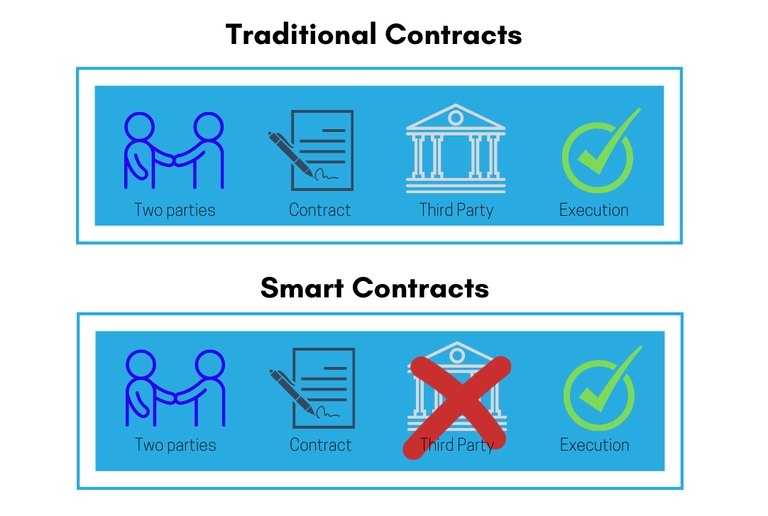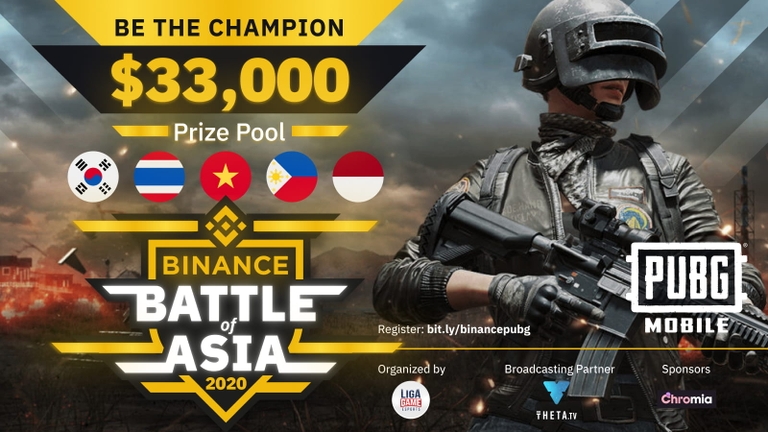Bringing Blockchain into Daily Life: Insights from Education, Sports, and eSports
Many people still view blockchain as something distant and elusive. In reality, this technology can impact the lives of young individuals in ways much closer to home than we might think.

Source: Pexels
“Blockchain? Sounds like Lego, doesn’t it?”
This is one of many questions people have when they hear about blockchain. Despite being a technology of the future and a trend shaping new paradigms, blockchain isn’t yet a concept that resonates with the general public. Not many truly understand what blockchain is, and even fewer grasp its applications in various industries.
In reality, blockchain holds the potential to revolutionize numerous sectors. With its decentralized nature and the ability to automate processes, blockchain can change the way many industries operate and societal structures.
Standing out among these industries are those related to education, traditional sports, and eSports. For these fields, blockchain technology not only breathes new life into their operations but also opens up new opportunities for future development.
Blockchain in Education: Smart Contracts and Automated Learning Processes
Smart contracts exemplify the potential of blockchain technology. According to Binance Academy, a smart contract is a self-executing electronic contract that triggers predefined terms and actions when certain conditions are met. This enables parties to execute contracts without the need for an intermediary.
Understanding the self-execution process of smart contracts becomes clearer with examples from electronic transactions. Suppose A sells a digital asset worth $10 to B. Both parties can use a smart contract to monitor the entire transaction process. This model will verify and execute the transfer of the asset from A to B, as well as B’s payment to A.

Smart contract process | Source: coin98
From an educational perspective, smart contracts can be applied to online learning and training software, allowing these programs to run learning modules automatically without the need for human intervention. For instance, instructors can upload all course materials and lecture videos, and the program will automatically run and notify students that the course is ready, enabling them to engage in learning at any time before the specified deadline.
Additionally, smart contracts can enhance the eLearning model by resolving all issues of fraud and fake certificates if educational institutions integrate this technology into their management. Specifically, a student’s certificates and learning data (grades, research achievements, etc.) can be integrated with blockchain and smart contracts. The data will include the school’s certification—this certification, with blockchain, serves as evidence that the certificate is genuine.
Revolutionizing Sports and Entertainment: Binance and Web3
Utilizing a robust platform in blockchain technology and Web3, Binance is spearheading a revolution in sports and the entertainment industry, particularly in terms of fan interaction. Binance has collaborated with various celebrities from different fields, including social media star Khaby Lame, the BWT Alpine F1 racing team, and the Brazilian Football Confederation.
This highlights the transformative potential of NFTs—unique digital assets stored in blockchains. NFTs are a crucial factor in increasing fan interaction with the sports and entertainment industry, allowing them to own personalized assets related to their idols or favorite teams.

Pierre Gasly x Binance | Source: Binance
Unlike regular items, each NFT has unique characteristics that make them one-of-a-kind and irreplicable. They can be digital art pieces, unique videos, or memorabilia commemorating milestones in an athlete’s or artist’s career.
Moreover, NFTs can unlock unique experiences for fans, such as VIP attendance at events, meet-and-greets with idols, or behind-the-scenes insights. Pioneering the application of NFTs, Binance has brought fans closer to their idols, enhancing community connections.
Binance has achieved significant milestones in this realm, exemplified by its collaboration with TikTok star Khaby Lame to raise awareness about Web3 and its partnership with the Brazilian Football Confederation to deploy the Fanverse of Brazilian football. Additionally, Binance’s collaboration with the BWT Alpine F1 racing team through fan tokens is an initiative that brings fans closer to sports developments more than ever.
Through these activities, Binance demonstrates the crucial role of Web3 in the digital economy, as well as the enhancement of fan experiences and stimulation of economic growth. By steering the development of Web3, Binance is shaping a valuable future for the sports and entertainment industry.
“Blockchain Meets eSports: Transforming the Game”
Blockchain is redefining how eSports tournaments, teams, and fans interact, much like it revolutionized the sports industry. The online nature of electronic games makes it easy for eSports to seamlessly integrate with blockchain technology.

Source: Binance
However, this transition comes with certain challenges. One major concern is that players could lose their game accounts if data storage is compromised by hackers. From a producer’s perspective, they must deal with “ghost” accounts and design verification processes to confirm the account owner’s identity.
Moreover, eSports faces difficulties in monetizing in-game items due to their lack of physical or clear electronic formats. This leads to inefficient transactions, where players often need to repurchase an entire account to obtain a rare item from another player.
Blockchain can enhance transparency, security, and decentralize player-owned assets. This technology allows players to create in-game items and exchange them as NFTs, facilitating seamless item transactions.
Furthermore, blockchain can improve security and transparency in tournaments by recording scores, match results, and player performance. This ensures fairness in every competition, allowing the public to verify and monitor the fairness of the events.
Transforming the revenue model of the eSports industry is another significant application of blockchain technology, using cryptocurrency units. This enables fans to directly support their favorite athletes or teams. Athletes, in turn, receive fair rewards for their skills.
Shaping the Industry’s Future
More people view blockchain and Web3 as the technologies of the future, with various industries exploring ways to integrate these technologies into their operations, products, and culture. Notably, sports, entertainment, eSports, and education are promising and advantageous sectors.
Enhancing awareness of Web3 and blockchain for future generations is crucial. This not only strengthens understanding of technology and online platforms but also helps people access and collectively develop the Web3 ecosystem, facilitating changes across various industries. Embracing and applying blockchain and Web3 will create new, reliable, transparent, and efficient transaction methods.

